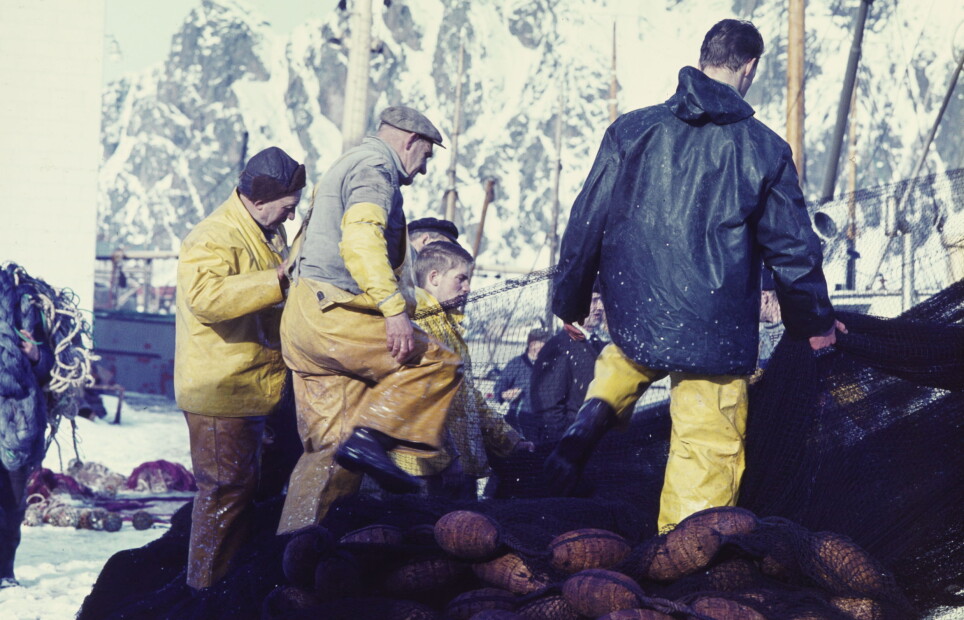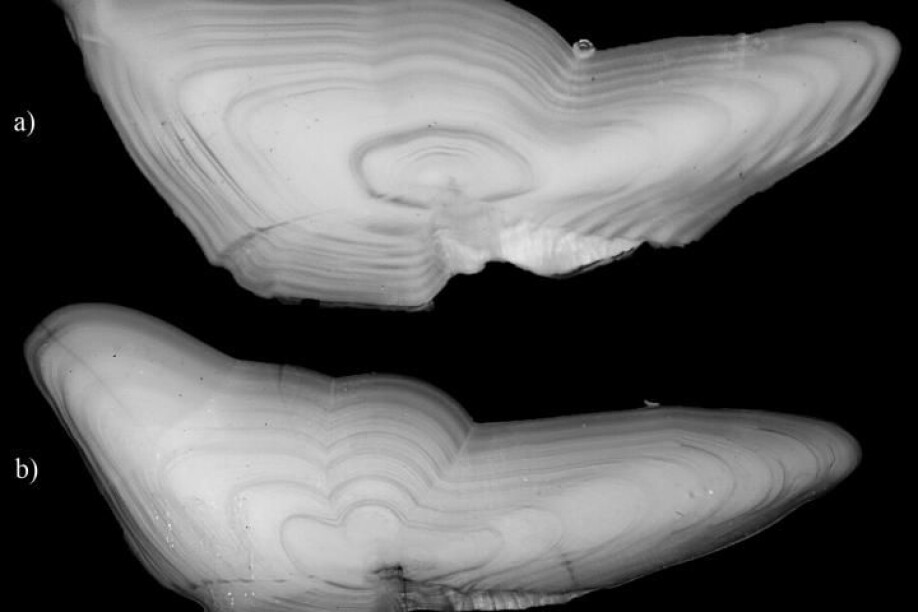THIS ARTICLE/PRESS RELEASE IS PAID FOR AND PRESENTED BY University of Oslo - read more

Overfishing has likely not caused genetic changes in Atlantic cod
This means that these fish have a good chance of growing large again.
“This is actually a really positive result. Our findings suggest that these fish are not genetically constraint in terms of growth or their potential to return to former size,” says Bastiaan Star, associate professor at the Centre of Ecological and Evolutionary Synthesis at UiO.
It has long been suggested that overfishing has caused the iconic Atlantic cod to evolve to mature earlier, which can lead to smaller sized fish. The concern has been that if the fish have genetically evolved in response to heavy fishing, they may not be able to recover even if fishing intensity is reduced. The new study jointly lead by UiO and Rutgers University, now suggests otherwise.

“We did not detect extensive genomic changes over time, even though we have been looking really hard for such changes. Genetic theory and results from laboratory experiments suggest that these fish would evolve, so this was quite a surprising result to us,” Star explains to Titan.uio.no.
Cod can recover
He also adds that this could be a really positive result, in terms of the potential of Atlantic cod for recovery.
“Our study suggests that these fish have not lost genetic variation. It should therefore be possible for Atlantic cod to grow large again,” Star says.
“This doesn’t mean we don’t have a major impact on cod population numbers, but genetically we have not detect such impact on a temporal scale.”
Atlantic cod are listed as vulnerable on the International Union for Conservation of Nature’s Red List of Threatened Species and was once one of the most important fish species in the world. Cod fisheries in the Nordic region have been taking place at least since the Stone Age, so there was major cause for concern when several cod stocks collapsed in the 1990s.
On the positive note over the last years several stocks are showing signs of recovery.
“The Norwegian Northeast Arctic cod population has experienced really good periods of growth lately and we see older and larger fish appear again,” Star says.
Compared cod from before and after intensive fishing
In the new study the scientists have sequenced whole genomes from historical archives of cod ear bones and scales. A such genome represents all genetic material of an organism. The samples they have looked at are from before intensive fishing from 1907 in Norway and 1940 in Canada. These data are then compared to those of samples from modern cod from the same population. This is the first study to compare whole genomes of cod from before and after intensive fishing.
“This has been possible thanks to extensive historical archives of cod ear bones and scales. Fishery managers regularly collected and kept these to find out more about age and lifespan of the cod, which have been commercially important for over hundreds of years,” Star says.
The samples have been kept in historical archives ever since, although they were never originally intended to be a source of DNA.
“We found that such specimens often have remarkable good DNA preservation, which is of sufficient quality to allow detailed temporal genetic analysis,” Star says.
“When these were collected and kept no one knew that we could use them in this way in the future. The analysis we have conducted are quite extensive in terms of genomic data and are still quite technically challenging. This study would not have been possible 20 years ago,” Star explains.

Recovery can be possible
The study now appears in the journal Proceedings of the National Academy of Scienses (PNAS). Malin L. Pinsky, associate professor at Rutgers University, and lead author of the paper, says their study will have implications for ocean conservation.
“Evolution has been used in part as an excuse for why cod and other species have not recovered from overfishing. Our findings suggest instead that more attention to reducing fishing and addressing other environmental changes, including climate change, will be important for allowing recovery,” says Pinsky. Star suggests that their method in this study also can be applied to other fishes and species.
“New technology allows us to conduct detailed genetic analysis, and studying ancient material that has been collected before major historical events can give us unique, long-term perspectives,” Star says.
Reference:
Malin L. Pinsky et.al.: Genomic stability through time despite decades of exploitation in cod on both sides of the Atlantic, Proceedings of the National Academy of Science, 2021.
See more content from the University of Oslo:
-
AI makes fake news more credible
-
What do our brains learn from surprises?
-
"A photograph is not automatically either true or false. It's a rhetorical device"
-
Queer opera singers: “I was too feminine, too ‘gay.’ I heard that on opera stages in both Asia and Europe”
-
Putin’s dream of the perfect family
-
How international standards are transforming the world





































